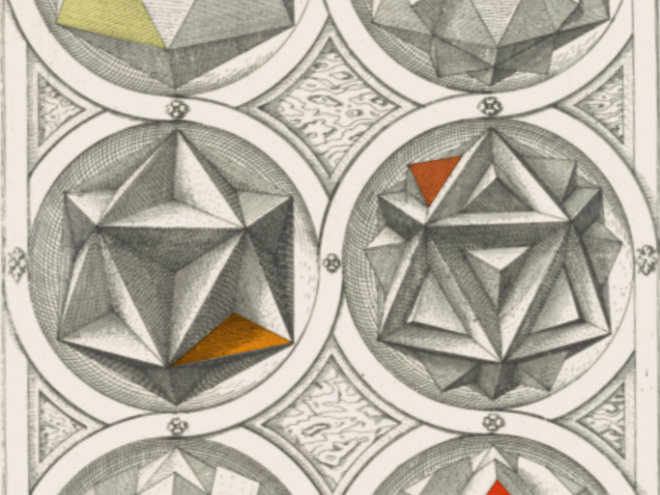“Berlin is a city full of future émigrés,” Lion Feuchtwanger prophetically declared in 1931, two years before the appearance of his deeply prescient novel, The Oppermanns. By then Feuchtwanger — a well-known political novelist and playwright affiliated with Brecht and other figures on the German cultural Left — had already become a displaced person, deprived of his German citizenship because of his stinging critiques of the emergent, and ruthlessly repressive, Nazi regime.
To encounter Feuchtwanger’s The Oppermanns ninety years later, in a new edition introduced by the novelist Joshua Cohen, amounts to a deeply unsettling yet necessary reading experience. Feuchtwanger drafted The Oppermanns “in real time, as the events he was writing about were still unfolding.” As Cohen explains, The Oppermanns “intended to sound an alarm” — the alarm referring to the startling rise of Hitler and his brutal gang of Nazi storm troopers, who began marauding the Berlin streets in 1933. For Cohen, The Oppermanns remains “one of the last masterpieces of German Jewish culture.”
Feuchtwanger’s dire vision of his homeland breaking apart bears uncanny resemblance to our current political malaise. As Cohen and other literary critics have noted, The Oppermanns anticipates many of the social and cultural (d)evolutions that haunt our own time.
Feuchtwanger’s crowning achievement is the sprawling canvas he paints of the Oppermanns, a family that represents, in their various intellectual passions and careers in the arts, medicine, and manufacturing, the long history of Jewish embeddedness — and, by their own definition, acceptance — in German society. Feuchtwanger grants his readers access into the confidently assimilated German Jewish psyche, revealing how it talks to itself, how it rationalizes the emergent Nazi threat, and, above all, how it struggles to fathom the unforeseeable, looming on the horizon.
The challenge for readers in 2022 is to resist what scholars term “back-shadowing,” the impulse to interpret pre-Holocaust literature from the perspective of tragic hindsight. To appreciate a work like The Oppermanns, we must bracket what we already know about Hitler’s “unknowing” victims.
All four Oppermann siblings and their respective families, friends, and co-workers are unforgettably drawn, immediately recognizable in Feuchtwanger’s portrait of German Jewish life: Gustav, the oldest Oppermann, inflated with literary pretensions, savoring his “respectable well-ordered idleness;” his brother Martin, the “reserved and dignified” head of the family’s large furniture enterprise; the youngest brother, a man of science and reason, a world-famous throat specialist recognized for his invention of original medical procedures, who “smiled at the arbitrary character of all race theories;” and their sister Klara, married to Jacques Lavendel, an Eastern European Jew who “practiced the old customs.”
As the critic Marco Roth observes, “The Oppermanns presents how extinction feels from the inside.” Indeed, we witness the family’s collective epiphany of “upheaval” as they sit for a group portrait, beneath the image of the family patriarch, Immanuel:
There they sat together, all the Oppermanns, at a great round table that went back to the time of Immanuel Oppermann.… Everything else around them was disappearing, slipping from under their feet.… They were strong men, each one a power in his own particular sphere.…But their confidence had vanished, they brooded in heavy-hearted distress.… It was an earthquake, one of those great upheavals of concentrated, fathomless, worldwide stupidity. Pitted against such an elemental force, the strength and wisdom of the individual was useless.
In the end, the Oppermanns are either displaced, self-exiled, or dead, with one Oppermann son tormented to suicide by a vicious, nationalist teacher. Most, as Feuchtwanger has predicted, become émigrés: to Israel, to Paris, and, in the case of Feuchtwanger himself, to sunny Los Angeles, where he continued to write until his death in 1958. Like the Oppermanns, Feuchtwanger’s “homeland had slipped away.” The reprinting of The Oppermanns allows us to witness how a generation of assimilated German Jews registered an unfathomable nightmare.
Donald Weber writes about Jewish American literature and popular culture. He divides his time between Brooklyn and Mohegan Lake, NY.





